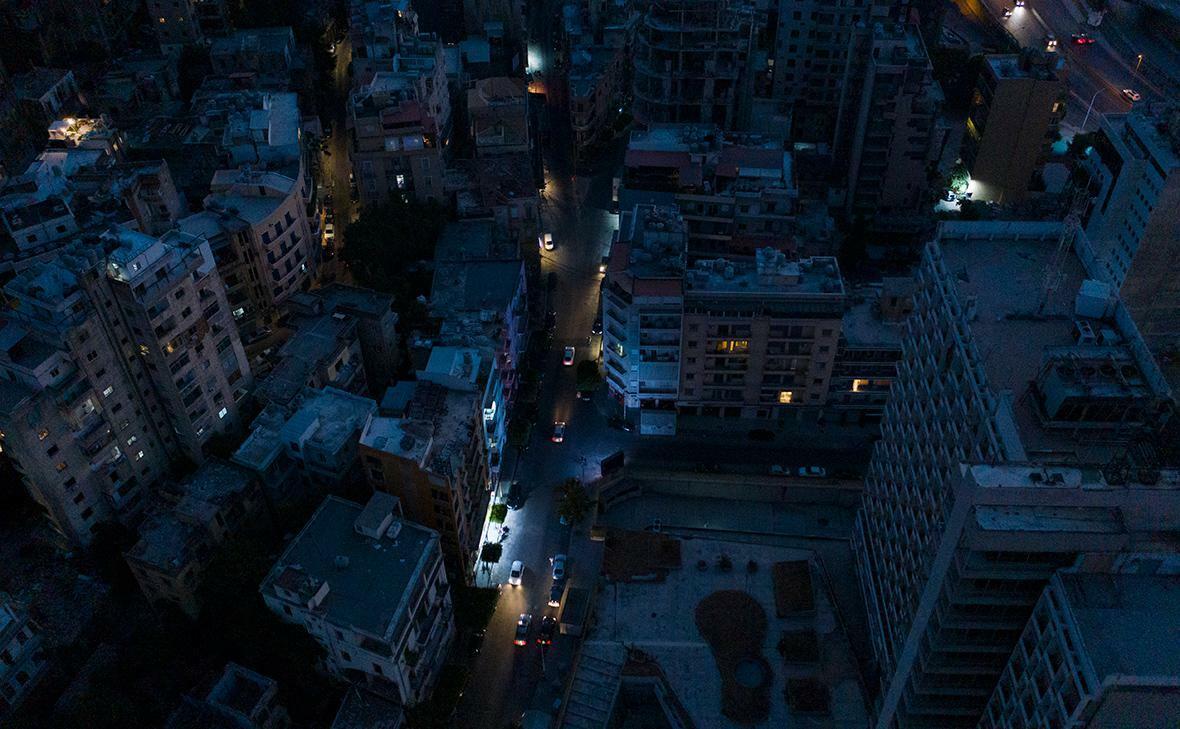The entirety of the Lebanese capital and the whole nation has been plunged into darkness amid a crippling power outage which has been in effect since midday Saturday.
That's when the state power provider Electricité du Liban (EDL) announced in a statement that "the last operational unit at the Zahrani power plant was forced to shut down completely, due to the complete depletion of the plant's fuel oil reserves, resulting in a total power outage across all Lebanese territories."
The official statement identified that the shutdown affects "essential facilities such as the airport, port, water pumps, sewage systems and prisons."
The situation could grow dangerous for the citizenry given that even wastewater treatment facilities and drinking water pumping stations have been impacted, resulting in the South Lebanon Water Establishment to issue a statement "urging citizens to conserve water as much as possible due to the expected reduction in water supply."
Separate regional reports say that the government anticipated the depletion of fuel, and prepared for electricity generators to temporarily supply power to Beirut Airport for two days.
The General Director of Beirut Airport expressed hope that it can still be operational until additional fuel arrives, while caretaker Energy Minister Walid Fayad indicated a timeline of 24-48 hours for the resumption of regular power operations across the capital.
Meanwhile, Lebanon’s Energy Minister Walid Fayyaz is seeking to assure the public that new gas shipments from Egypt will soon arrive at Lebanese ports to resupply the fuel required for power plants. Algeria too has in a fresh statement said it is ready to send emergency fuel assistance.
While Lebanon's economic and electricity and resource woes have been exacerbated by the de facto state of war between Hezbollah and Israel in the southern border, the reality is the country has already suffered energy shortages and rolling blackouts for at least the last two years following the banking and currency crisis.
Neighboring Syria too has also had regular blackouts and periods where the water is turned off going back years. The whole region came under severe wartime economic strain going back to the height of the Syrian proxy war, and the full impact on smaller Lebanon is now being felt full force. But is also a story of severe mismanagement by the Central Bank of Lebanon, also amid long-running and historic corruption and elite cronyism.
Some Western analysts have blamed Hezbollah for stealing and diverting fuel and electricity from Beirut airport, and for holding the country's resources hostage, but the economic woes are a much bigger force which have been felt for a long time before the current conflict with Israel.




No comments:
Post a Comment